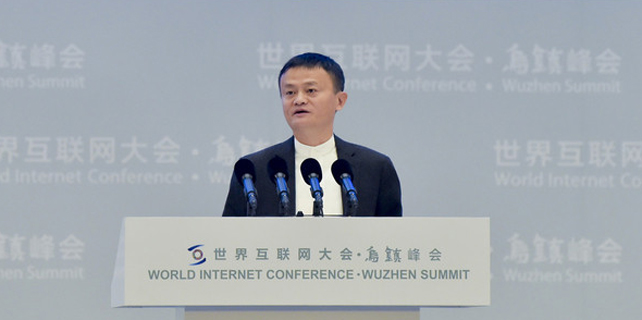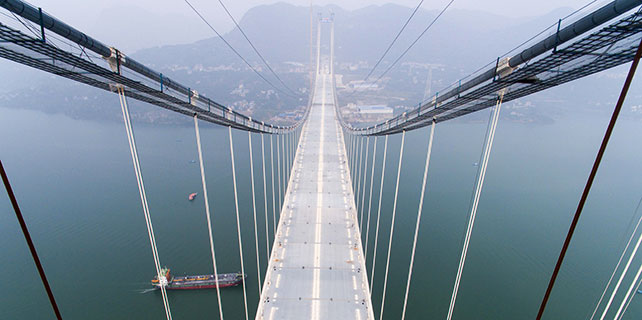No grounds for persistent RMB depreciation: ABAC deputy chair
LIMA - A healthy balance of payments, strong export capability and stabilized cross-boarder capital flows are no grounds for the persistent depreciation of the Chinese currency renminbi, the deputy chair of the APEC Business Advisory Council (ABAC) said Friday.
"China has a healthy balance of international payments, thus remains competitive internationally. In addition, our cross-border capital flows are within a normal range. Therefore, I don't believe there is any ground for persistent depreciation of the renminbi," the advisory council's deputy chief, Wang Hongzhang, who is also the chairman of China Construction Bank, told Xinhua in an interview.
"From a long-term perspective, the rise and fall of exchange rates are closely linked to the balance of payments under the current account. With a huge current account surplus, there is no basis for persistent depreciation of the renminbi," Wang said, adding that China's current account surplus was $644.8 billion in the first half of 2016, or 2 percent of the gross domestic product (GDP) for the same period.
In the first half of 2016, China's exports declined by 3.3 percent year on year due to weak external demand. However, Wang believed favorable factors for foreign trade have been building up and China's export capability remains strong.
"For this reason, there is no need to boost export by devaluing the renminbi," he said.
Contrary to the speculations of "capital flight from China," Wang said that China's cross-border capital flows are at a normal level, which he believed will also help to keep the exchange rate stable at an adaptive and equilibrium level.
"China has the largest foreign exchange reserve in the world. We are able to ensure that market sentiment will not be dominated by the speculators," he said.
Currency war damages global recovery
The ultimate goal of monetary policies is to support the real economy and the current anemic economic recovery is mainly caused by a weak demand, rather than the lack of liquidity, Wang said.
"Competitive devaluation is not a proper solution to the problem. Economies should focus more on their own need and the demand of the real economy, rather than external factors, to seek appropriate monetary policy support," Wang said.
"Given the rising uncertainties and destabilizing factors, it is important that the major economies strengthen coordination on macroeconomic policies and do more to maintain and enhance the stability of the global economic and financial system," he said, adding that's why China is not for a currency war.
Wang also believed that pursuing economic growth by depreciating the renminbi will hinder the transformation and upgrading of China's economy.
"So China is advancing a market-oriented reform of and improving the legal framework for the financial sector. In addition, China is keeping the renminbi exchange rate at an adaptive and equilibrium level within a proper floating range," Wang said.
China on high-quality growth
Although he admitted that the Chinese economy faces some downward pressure, Wang believed that on the whole, the economy is still operating within a reasonable range.
China's growth rate in the first three quarters of 2016 was 6.7 percent, which is at a medium-high level and among the highest in the world.
"The moderation of China's economic growth is not only the result of a sluggish global economic growth, but more importantly the result of proactive structural adjustments by the Chinese government," Wang said.
"It will not only enhance the Chinese economy and make it more sustainable, but also contribute to the rebalancing of the world economy," he added.






















